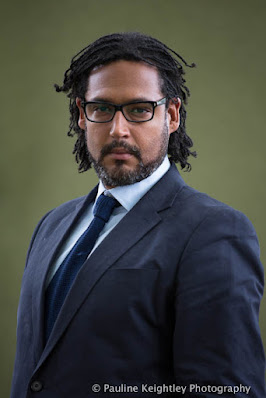Its now ten years since indyref 2014 – and that glorious summer – that wonderful exhilaration of hope of building a better Scotland! One where our voices mattered, and where we could build a new constitution, real accountable and local democracy, and harness our potential.
Today we might be celebrating….. Instead in the press its all ‘doom and gloom’ of broken Britain, of all the industrial closures here and business losses, the cost of living crisis and the scandals, that no lengthy enquiry will ever fix, except to pay lawyers vast amounts. Brexit means a 27% drop in exports and 32% drop in imports, more than a quarter of all trade. So many empty promises, never fulfilled. We were lied to. The vow, EU membership, Devo Max.
For me the indyref was all about Scotland having real local government as I’ve seen working abroad In both Europe and America. About freedom. About having a voice. Independence, where we could use all our great resources to protect the vulnerable, invest in children and offer opportunities. Instead we’re stuck. Independence – where the Scottish state or nation had its own media, immigration, energy policy, control of VAT: all the crucial levers to be a successful state or trading nation Independence and inter-dependence in Europe.
Instead Scotland is stuck and bitterly divided, with little hope, except for austerity mark 2 under Starmer’s Labour. It looks like Westminster is deliberately running Scotland down, with de-industrialization and closure of Grangemouth, while funding Stanlow refinery, north west England with 600 million for carbon capture and hydrogen. As well as millions for a petrochemical plant over in Antwerp.
All to keep Scotland dependent instead, as the last colony. Unionist believers may well ask, why would Westminster wish to do this, the most obvious answer is lack of interest, but also to use Scotland resources as it has done the past 100 years to prop up London. I don’t believe the Barnett formula, GERS figures or the BBC, which glosses over serious issues and finishes with some cute story to boost us up. The BBC is not serious, investigative journalism.
Many feel we needed analysis of 2014: for me by far the biggest issue was the independence side having no broadcasting, especially for older people not online. The UKs mainstream media puts out constant negativity slogans: SNP bad, SNP bad, Scotland bad/ failings, Nicola bad. So that Scots have little faith or belief in themselves compared to Norwegians, Danish, Finnish or Irish. A constant stream of negativity. How do we reach Mail and BBC readers?
Lets not fool ourselves or believe the false rhetoric of the London press. Since Thatcher all the focus has been in protecting London\s banks and property, while the rest of the country works to protect this globalized future. And their failed economic model. And suffers for it. So that doesn’t fill me with much hope. I think of all the great writers, artists, scholars and poets, who’ve gone before – and wrote of Scotland the Brave, or Scots wa Hae, or the Drunk Man Looks at the Thistle….It all feels a pipe dream. (The Proclaimers, Letter from America, Dougie Maclean’s Caledonia, Hamish Henderson’s Freedom Come All Ye.)
Is it already too late? In the media I read of Ireland’s writers and successes on the world stage, but what of the great Scots writers and poets of today, who are hardly ever mentioned. We’re already too late for any Green Revolution – Denmark started decades ago.
First we need the EU’s protection to thrive. Poll figures confirm that imagined future appeals to the broadest range of Scots. Look at Irelands success model to follow. In the EU nations are both sovereign and inter dependent. Scotland can have both. I’d like to see more mature, consensual debate in the Scottish parliament moving forward. I’d like to see Scotland as a integral part of a more modern Britain, where each nation and region has its own sovereign state legislature and governance, but with far, far more local say. Maybe we need to redefine what is meant by independence and inter-dependence. We don’t have to have central control!
I like to hope Scotland has a bright future for our young people. How do we move forward? We must focus more on the future, on education and younger voices. It took twenty years for the Scottish parliament (1979 to 1999). Many Scots simply need time to consider. Another big flaw 2014 was the questions over pensions.
This question has never been about identity – because all who live in Scotland are able to vote here. So over this past decade, what improvements have there been exactly under the UK union? Because I can’t think of any!



















